
“There is no military solution. The next ceasefire must be the last ceasefire.” That was British Foreign Secretary David Lammy, piercing the din in Parliament, and a message that’s resonating from Ottawa to Tokyo. As 28 countries demand an end to the war in Gaza right away, the world is at a diplomatic turning point one that’s not only geopolitics, but about the cumulative cost to humanity and the human psyche for anyone reading these relentless headlines.
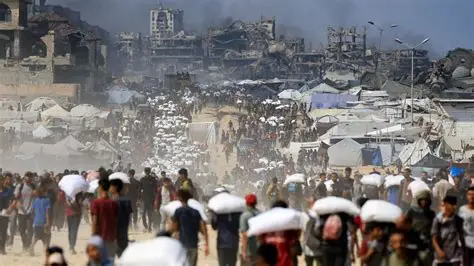
1. The Mounting Chorus: Israel’s Increasingly Deepening Diplomatic Isolation
A global front is forming. Britain, Canada, Japan, Australia, and a band of European countries have issued a combined statement stating, “the war in Gaza must end now.” It’s not simply diplomatic platitudes; it’s a clear intensification of rhetoric, which indicates Israel’s growing isolation at the international level. The foreign ministers did not hold back, deploring “the drip feeding of aid and the inhumane slaughter of civilians, including children, trying to fulfill their most elementary needs of water and food.” The statement called “horrifying” the killing of more than 800 Palestinians trying to access aid, a number also reported by Gaza’s Health Ministry and the U.N. human rights office. The warning is plain: the international community is growing impatient and the pressure is building on Israel to respect its obligations under international humanitarian law.
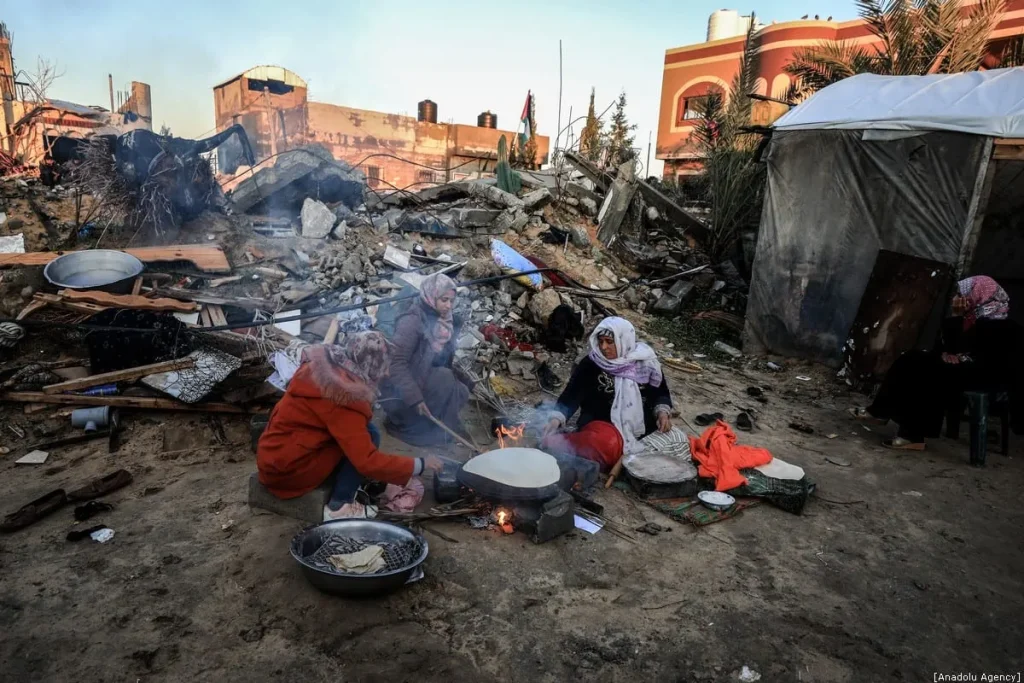
2. Humanitarian Catastrophic Conditions: Famine, Displacement, and Casualties of Aid Convoys
The statistics are staggering. Over 2 million Palestinians are now stuck in a humanitarian catastrophic condition, and 90% of Gaza’s population has been displaced many having had to flee several times. Since May, hundreds have been slaughtered by Israeli bullets while fighting to get food at aid camps. The United Nations states that “the last lifelines keeping people alive are collapsing,” and UNICEF labels the murder of families attempting to reach life-saving relief as “unconscionable.” The young, women, and the old are suffering, with the Gaza Ministry of Health reporting more than 58,000 Palestinians have been killed since October 2023, including close to 18,000 children. Aid convoys themselves are now lethal targets, and more than 851 people have been killed and over 5,600 wounded among those merely attempting to access food. The risk of famine continues, the World Food Programme cautions, as disease spreads and individuals are concentrated on less than 14% of the land.
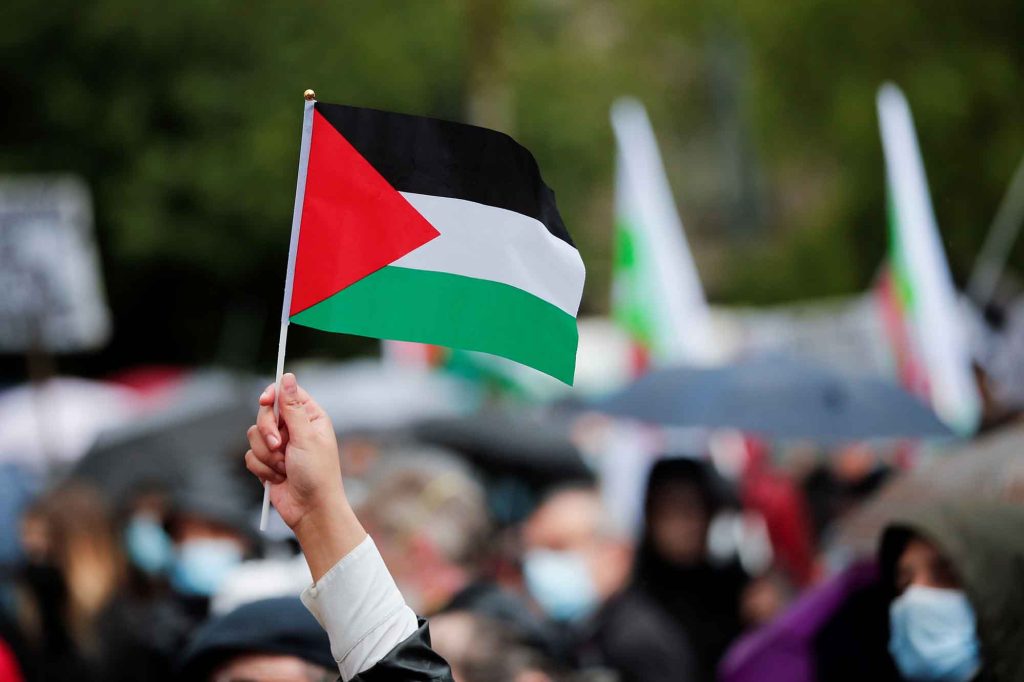
3. Ceasefire Negotiations: Deadlocked Talks and Obstinate Hindrances
As U.S., Qatari, and Egyptian mediators step up their shuttle diplomacy, ceasefire negotiations are at an impasse. The sticking points at the center of the negotiations? The channel for channelling humanitarian aid and the scope of Israeli troop withdrawal. Hamas is adamant that aid be delivered through the United Nations and international relief agencies, while Israel insists on its own disputed model, supported by the Gaza Humanitarian Foundation.
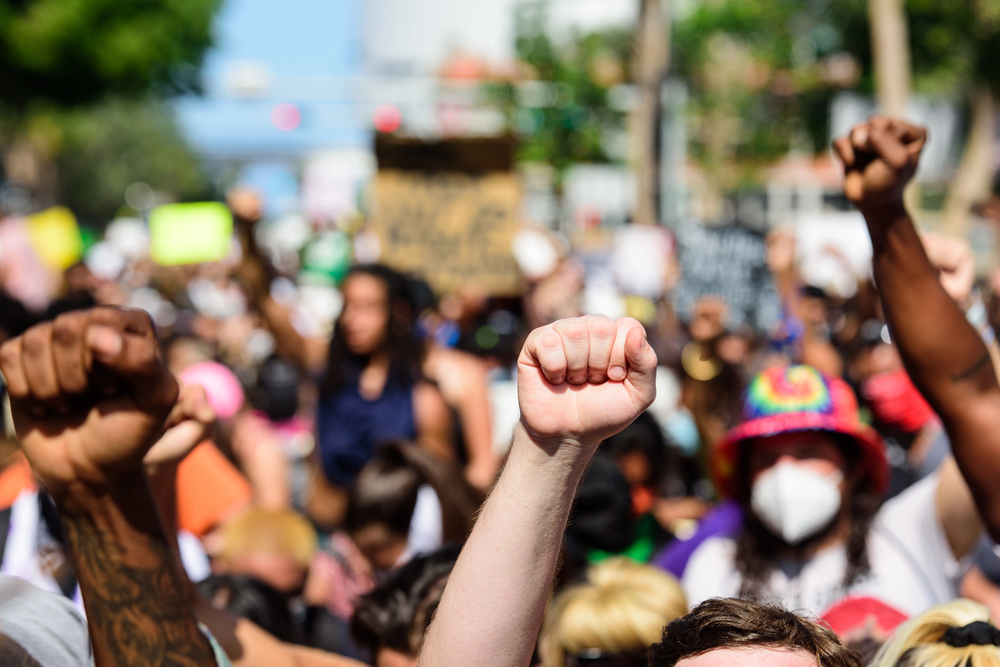
Trust is scarce: a new map presented by Israel revealed buffer zones of up to 3km, reversing previous suggestions and provoking charges of bad faith. “They employed these rounds to gain time and create an illusion of progress,” said one Palestinian negotiator. Meanwhile, plans are being made by Israel’s defense minister for vast displacement, which human rights groups have condemned with fury.

4. The Psychological Burden: Coping with Emotional Anxiety in the Face of Endless War Reports
For observers of global affairs and policy experts, the psychological cost of monitoring this crisis is tangible and all-encompassing. Psychologists refer to a condition called “headline stress disorder,” whereby prolonged exposure to horrific news wears away resilience and increases anxiety. “The red flag is if you find yourself getting this body tension, or an increase in your pulse rate, right before you go check the news,” advises psychologist Steven Stosny. Studies reveal that greater use of the news particularly through social media links to increased depression and PTSD symptoms. Experts suggest putting limits on media consumption, being kind to oneself, and taking action instead of doomscrolling. As Stosny describes, “Whenever you fixate on things you can’t control, you feel powerless. Anger is really a cry of powerlessness.”
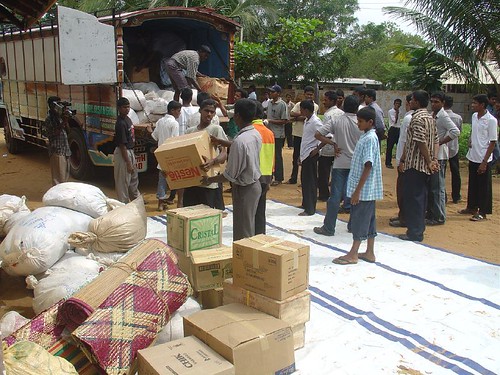
5. Constructive Ways to Promote Humanitarian Support for Gaza
Overwhelmed by the magnitude of the tragedy, one might be paralyzed, but directing concern into positive action is empowering and effective. Specialists recommend supporting established humanitarian agencies, lobbying for policy reforms, and raising credible voices on social media. The UN and NGOs are still urging the lifting of aid restrictions immediately, with thousands of trucks carrying food and medicine stuck at border crossings. “Medicine and food will shortly run out if we can’t get those materials to the people in Gaza who most need them, including one million children who are half of the population of the Gaza Strip,” states UNRWA’s Juliette Touma. Small steps making a donation, offering some time, or just spreading accurate information can help to overcome hopelessness.
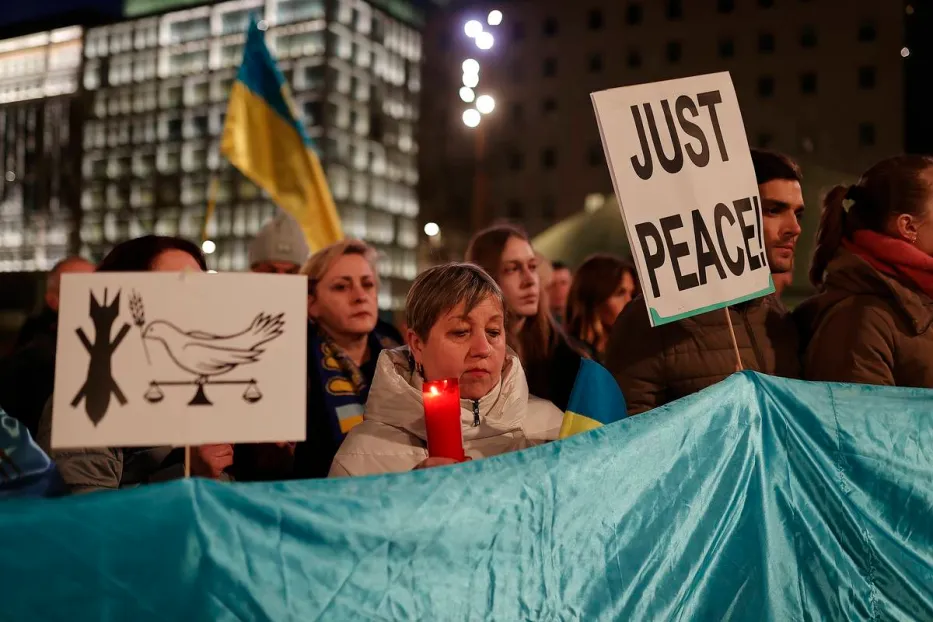
6. Lessons from Past Diplomatic Successes: What History Teaches About Ceasefires
History shows that ceasefire success is rarely black and white. As scholars observe, “Ceasefires can be successful with regards to some measures of the immediate goal but not others, they can be successful with regards to one parties’ aim but not others, their success can change over time, and their success can be measured in absolute and relative terms.” The 2002–2005 Sudan peace process, for instance, shows how continuous international involvement, unambiguous goals, and broad-based negotiations can shift parties from short-term cessation of violence to permanent political arrangements. The recent diplomatic effort on Gaza is leveraging these lessons, with mediators calling for both an immediate halt to fighting and a political process towards peace.

7. Developing Emotional Resilience: Effective Coping Mechanisms for Global Crisis Burnout
It’s important to stay informed, but so is looking after your mental health. Experts suggest a combination of self-care, connection, and wise action. Put boundaries around news use designate specific times and trustworthy sources. Call up friends or support groups to work through feelings together. Exercise self-compassion, recognizing that feeling overwhelmed is a normal reaction to crisis. And concentrate on what you can control: whether it’s donating to humanitarian causes, pushing for policy reform, or simply going for a walk to re-center. As the American Psychological Association recommends, “Prioritizing self-care isn’t selfish; it’s a fundamental step in contributing to a more resilient and compassionate world.”

As the diplomatic chorus reaches a crescendo and the humanitarian crisis worsens, the imperative for global action and individual resilience has never been greater. The world is looking on and so are you.


